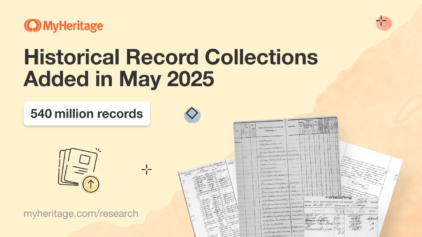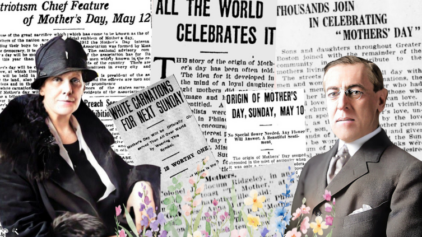What Hidden Clues Can Obituaries and Newspaper Archives Provide?
- By Melanie ·


Piecing together family history often focuses on official documents at the start. Birth, marriage, and death certificates, as well as census data, can build a strong foundation. However, obituaries and newspaper archives often reveal more personal and unique details not found anywhere else. These sources can reveal new relationships or ties to the community that lead to new research options. Newspapers were once the main record of everything, and genealogy researchers today can use them to uncover new family tree facts.
What Information Can Obituaries Provide?
The most obvious inclusions in all obituaries are family members, their relationships, and names. The deceased person’s name will come first, then the nuclear family, and possibly extended relatives, too. You will also get the date of birth and death as well as associated locations. In most cases, you probably already found this basic information from other sources unless you have just begun the search process. Obituaries are great for verification.
Other basic information involves their religious affiliations, whether they were in the military, job-related organizations, and major life achievements. Each of these can offer links to other search spots. Take note of absolutely everything just in case it becomes helpful later on.
Hidden Clues Between the Lines of Obituaries
It’s important to note that obituaries are most often written by the close family members of the deceased person. This means they might not include unsavory or estranged relatives, which can leave gaps in your research. In some cases, they might even lie, such as making claims that the person was a respected member of the local church when they really slept in every Sunday.
Some of the most helpful, unusual types of data in these write-ups include nicknames, hobbies, and moves. Knowing that Robert Jones went by Bobby all his life can lead to new searches in other sources. Discovery that Mary Kells loved to visit her old home in Rochester, NY in the summer can also help. Even things like beloved pets or favorite restaurants can help. If they were a big part of this person’s life, they may connect to other data sources such as dog breed appreciation groups or restaurant review articles.
Tips for Searching Newspaper Archives Effectively
Newspapers are full of all sorts of articles, advertisements, records, and announcements. Searching through them by hand would take forever. Some libraries still offer microfilm options. Online digitized versions are more common these days. They make it a lot easier to search for the exact information you need to research your family’s history. These tips can help.
- Use multiple spelling variations. Try different name configurations, common misspellings, initials, and any possible nicknames.
- Narrow down location and date ranges. Start searches in the biggest local city or town to the person’s home at the time of death and birthplace. Knowing the date of death is essential for quick searches.
- Include identifying keywords. Occupation, organization, religion, and hobby terminology can get you closer to the right obituary if you know this information.
- Cross-reference multiple papers. Once you find some information, look in all other publications that would serve the same area at that time.
One of the most important newspaper archive tips is to know how to search effectively. Use Boolean search methods. This includes things like putting exact names or terms in quotation marks. You will get only results that include those things. Use ‘and,’ ‘or,’ and ‘not’ in your searches to either include or exclude specific pieces of data.
Obituaries and other mentions in newspaper archives can provide genealogy researchers with a wealth of information not found elsewhere. Also, they are very good at verifying data in other records. Knowing how to access and search them effectively will help you on the way to uncover more family tree connections. Try OldNews.com for access to a huge collection of newspaper archives. Start with a search and explore the possibilities.










